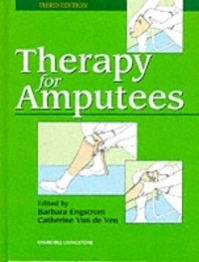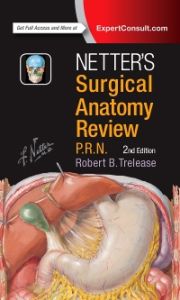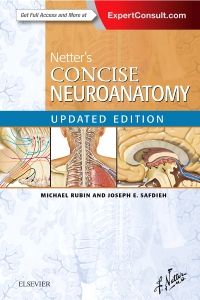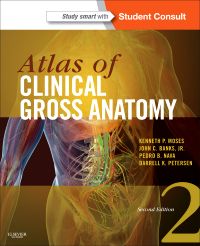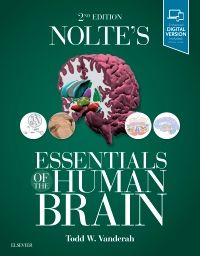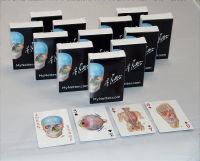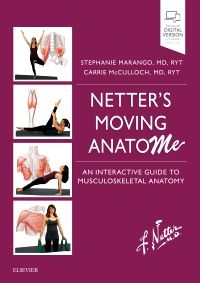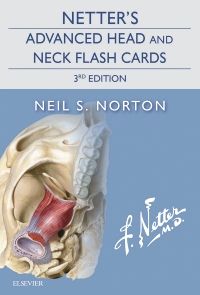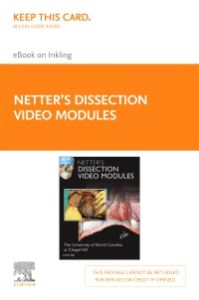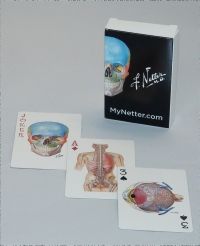Therapy for Amputeesis a book for ALL those who work with amputees. Written by a multidisciplinary team for a multidisciplinary readership, the book addresses all aspects of care and rehabilitation for this group of clients. The approach of the book is practical and easy to follow making it appropriate for use by the amputees themselves and those caring for them at home.
It addresses the day to day problems of rehabilitation therapists and their clients in a practical way and considers the provision of care and rehabilitation for amputees as it is managed today. Originally published under the title Physiotherapy for Amputees the Roehampton Approach this new edition takes a broad team approach to this area of rehabilitation which reflects current practice. It acknowledges that the majority of clients now receive rehabilitation therapy in the general hospital setting or at home in the community.
New to this edition
Book now multidisciplinary and multiauthor with 11 contributors from 2 expert UK based multidisciplinary teams working in Oxford and LondonThere are 3 new chapters on:
The Psychological Impact of AmputationDifferent Perspectives ; the users point of view (addresses patient/user support groups; patient empowerment; professional special interest groups etc)
Therapy Service Quality addresses the issues of evidence based practice, standards/audit/outcome measurement: risk management, clinical guidelines, care protocols etc.Improvements to existing chapters include:
In chapter 2 more on the Community Care Act, the Carer's Recognition and Services Act, continuing healthcare provision including eligibility criteria etc.In chapter 5 more on check sockets, The Amputee Mobility Aid (AMA), advantages and disadvantages of early mobility equipment, prescription of indoor/outdoor powered wheelchairs.
In chapter 9 Update on motion analysis laboratory measurements and physiotherapy biofeedback machines.In chapter 20 more on osseointegration; surgery to problem stumps; meningococcal septicaemia.
Chapter 21 on Multipathology and Complex Cases extensively revised and improved.Total update of terminology to align with International Standards.
Total update of information on upper and lower limb prosthetic components, (sockets, liners, cosmesis etc and now including recreational prostheses).Total update of information on wheelchairs.
All 23 chapters are extensively referenced and give contact points for access to further technical detail and new developments in hardware availability from producers of prosthetic equipment and components.Incorporates information from the perspectives of providing rehabilitation in both developed and developing countries.
Gives practical advice and information for the amputees and their carers concerning all aspects of their rehabilitation Also includes a general bibliography for further reading.
280 illustrations (174 line and 106 photographs of which over 60 are completely new)
Key Features
Takes a practical, problem-based approach which is easy to followFollows a logical structure from assessment of the problems and the psychological impact on the client to evidence-based practice, audit and care protocols
Addresses the concerns of the client with a chapter on Different Perspectives; The Users Point of View,and through practical advice and information for the amputees and their carers, on all aspects of their rehabilitation including details of patient/user support groupsUses the terminology adopted for International Standards
Extensively referenced with contact points for access to further information on technical detail and new developments in hardware availabilityHighly illustrated with 280 photographs and line drawings
Includes details of producers and suppliers of prosthetic equipment and components
Author Information
Edited by Barbara Engstrom, MCSP, DipMgt(Open), Formerly Therapy Services Manager, Nuffield Orthopaedic Centre NHS Trust, Headington, Oxford and Catherine Van de Ven, MCSP, Formerly Physiotherapy Services Manager, Roehampton Rehabilitation Centre, Queen Mary's University Hospital, London
Introduction. Pre-Operative Assessment. Early Postoperative Treatment. Exercise Programme. Early Mobility. Assessment for Prosthetic Rehabilitation. Prosthetic Services for the Amputee. Normal Locomotion and Prosthetic Replacement. Gait Re-Education. The Hemipelvectomyand Hip Disarticulation Levels of Amputation. The Above-Knee Level of Amputation. The Through-Knee Level of Amputation. The Symes and Partial Foot Levels of Amputation. Advanced Function. Bilateral Amputees. Upper Limb Amputation and Congenital Limb Deficiency. General Advice to the Amputee. The Problem of Pain. Special Cases




